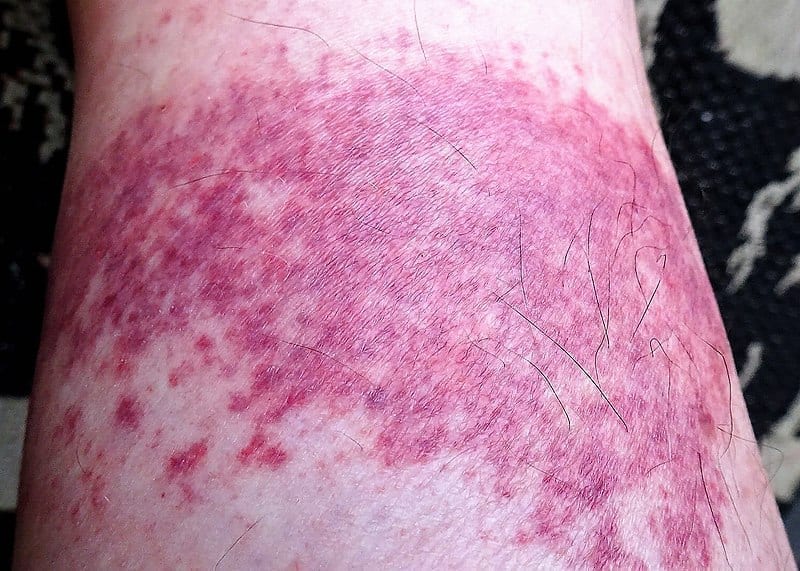It’s no secret that receiving a rare disease diagnosis can take excess amounts of time. Various articles share that, on average, it takes anywhere from four to nine years for those with rare conditions to receive an accurate diagnosis. But what if artificial intelligence (AI) models could predict your risk of having certain conditions using your medical records? According to a news release from the Perelman School of Medicine at the University of Pennsylvania, researchers from the school, alongside researchers from the University of Florida College of Medicine, are working to do just that for five forms of vasculitis and two forms of spondyloarthritis.
Predicting Vasculitis and Spondyloarthritis Risk
The research team was given a $4.7M grant (1U01TR003709) from the National Institutes of Health (NIH) to develop PANDA (Predictive Analytics via Networked Distributed Algorithms for multi-system diseases). PANDA will (if all goes well) consist of machine learning-fueled algorithms that can look at information from electronic health records (EHRs) and use that to predict the risk of developing types of vasculitis such as granulomatosis with polyangiitis (GPA).
To develop PANDA, researchers will first collect de-identified data from the Patient-Centered Clinical Research Networks (PCORnet). Using this data, the research team will develop, set up, and train the algorithms. Next, researchers can then test how well the algorithms predict vasculitis and spondyloarthritis. Finally, after testing and validation, the team would share the research methods and algorithms so that they could be used as a diagnostic tool for other rare conditions.
What Could These Algorithms Help With?
Ideally, researchers hope that these algorithms could contribute to better patient outcomes down the line. This is because earlier diagnosis can lead to early treatment and better disease management. Even if someone presents as having a small risk of developing a certain condition, that at least would prepare them and their doctors in case the situation arises. Additionally, it can help prepare for and teach physicians about rare diseases. Many patients within the rare disease community have had to explain their conditions to doctors, scientists, and specialists alike. Through PANDA, clinicians would be able to be notified if a patient might present with a rare condition, allowing them to learn more about rare diseases while also reducing the diagnostic odyssey.
The research team also believes that PANDA could be honed over time. Machine learning, as the name implies, learns. Therefore, it makes sense that they could become more specialized over time and as researchers tweak and perfect the system.








